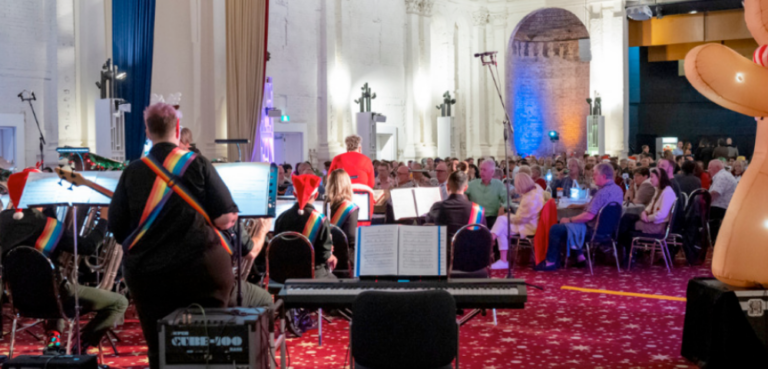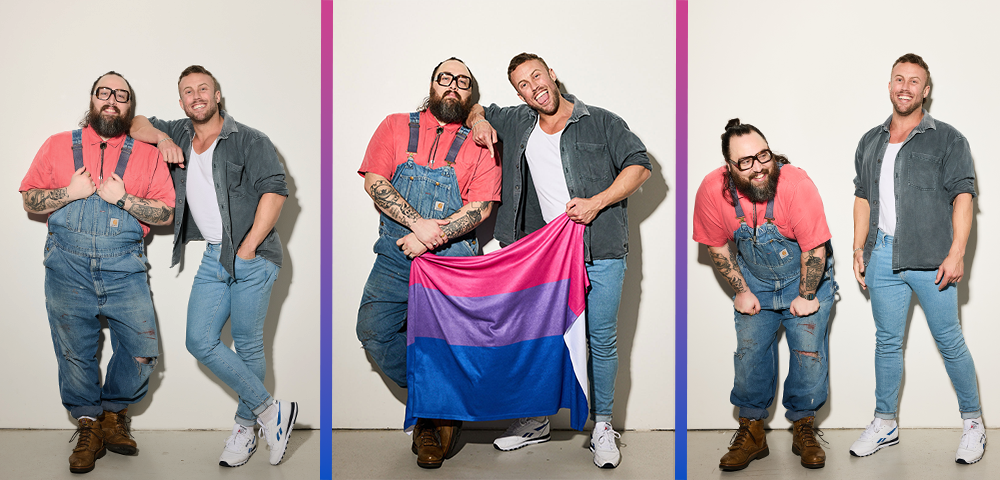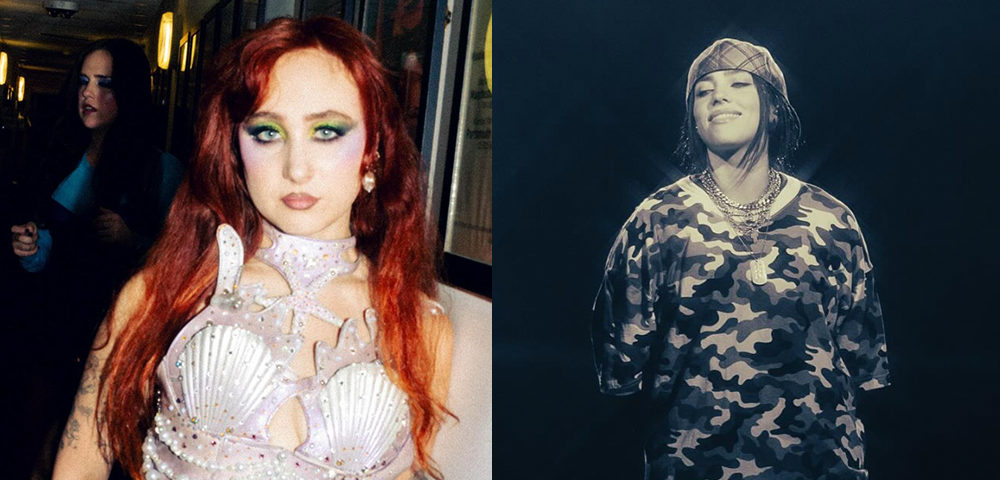
We need reform, and rainbows

 Debate in the last week has raged over whether our community is prioritising symbols, including rainbow crossings or flags, over substantive reform of the nation’s laws. The idea that these two are somehow in opposition, or that one can only be achieved at the expense of the other, is incorrect. We need them both.
Debate in the last week has raged over whether our community is prioritising symbols, including rainbow crossings or flags, over substantive reform of the nation’s laws. The idea that these two are somehow in opposition, or that one can only be achieved at the expense of the other, is incorrect. We need them both.
The DIY Rainbow Crossing movement has been one of the most uplifting community displays of reliance, self-expression and joy we have seen in years.
It has engaged many people – young people, elderly people, families – who would not otherwise have had contact with the LGBTI community. This can only be a good thing.
It has provided an opportunity for people to have a voice, to assert an identity. The physical act of marking a space is a significant one. It provides a sense of groundedness, as if to say, “This is who I am, and this is what I believe.”
The same goes for the community outcry over the removal of the rainbow crossing at Taylor Square. We can dismiss the crossing as insignificant, but to a community which has for decades fought for its right to exist, it was seen as an emphatic statement of our right to be here, and to be proud.
We cannot underestimate the power of symbol. Yet symbol alone is not enough, and that is why the reforms that lobby groups such as the GLRL and our partners remain significant.
Proposed amendments to the Sex Discrimination Act, which would afford protection on the grounds of sexual orientation, gender identity and intersex status for the first time at a federal level, will provide sorely needed protection for the most vulnerable in our community.
Many of us are fortunate that the pervasive legally sanctioned and targeted discrimination that effectively criminalised us, no longer affects us in the way it once did. That is thanks to the courage and determination of those who came before us.
Yet for others – particularly the young, the elderly, those from certain cultural and religious backgrounds, or those who are sex and/or gender diverse – discrimination remains a daily fact of life. We are failing in our duty if we do not secure protection for those who need it most.
We cannot underestimate the resolve of our opponents, nor their proximity to the seat of power. Even in a best-case scenario, religious organisations will still enjoy wide-ranging exemptions from the proposed new anti-discrimination laws.
In a secular state, this is simply unacceptable.
So let’s have more rainbows, and let’s use them to raise awareness about the fact that discrimination still exists, and that it will need all our voices to overcome it.









